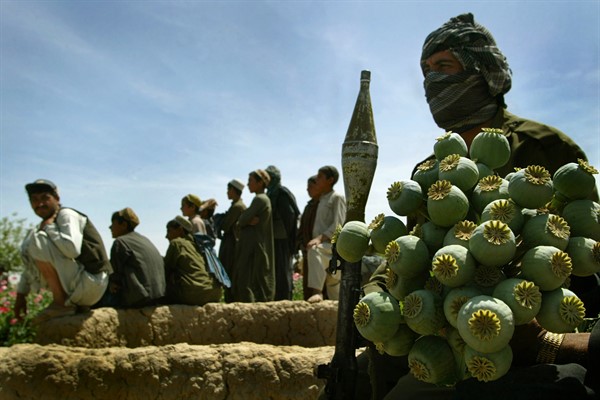Corruption and criminality have long bedeviled both conflict and post-conflict settings. As illicit economies that predated or emerged from the years of conflict persist and grow, they often undermine apparent battlefield victories and aspirational regime transitions to the point of eviscerating stability and liberalization. From Somalia to Afghanistan to Myanmar to South Sudan to Haiti, the stabilization efforts of international and local actors have often been held hostage to the unsavory behavior of elites, both old and new.
One reason why anti-corruption and anti-crime efforts have struggled is that they have been understood as technical, institution-building efforts rather than as political undertakings that profoundly affect local balances of power and the fundamental organization of society. These efforts often seek to do too much at once, ignoring the effects that reforms will have on newly empowered and long-entrenched elites, even as they give priority to other policy ambitions, such as counterterrorism.
Another reason these efforts struggle is because the international community sets them up with the wrong sequences and priorities in mind. For instance, they often prematurely and predominantly focus on the types of corruption and criminality that affect external actors directly, such as illicit drug economies, while ignoring the behaviors of corrupt actors in the newly installed regime that only have a local impact.

